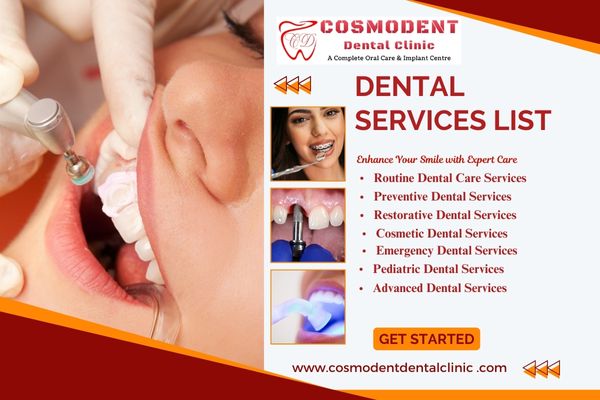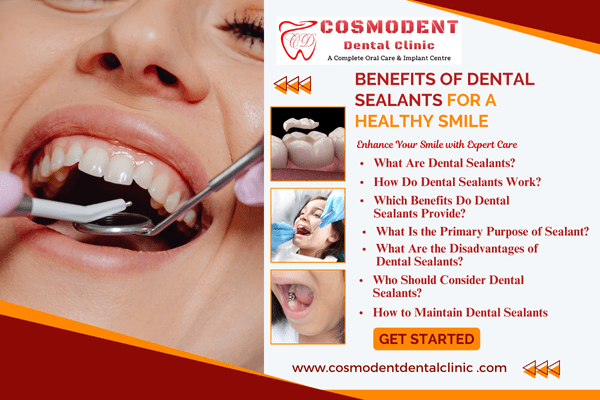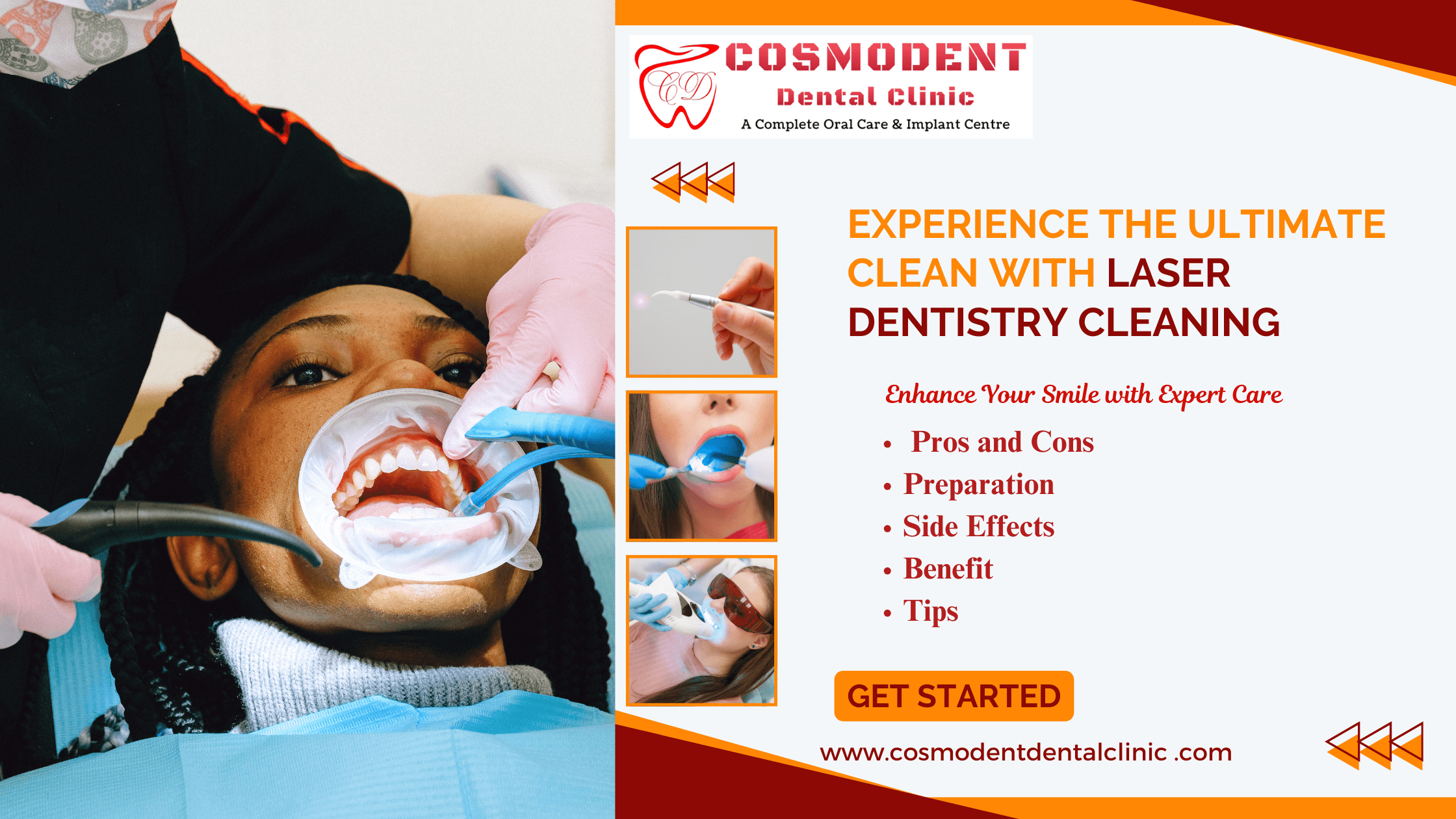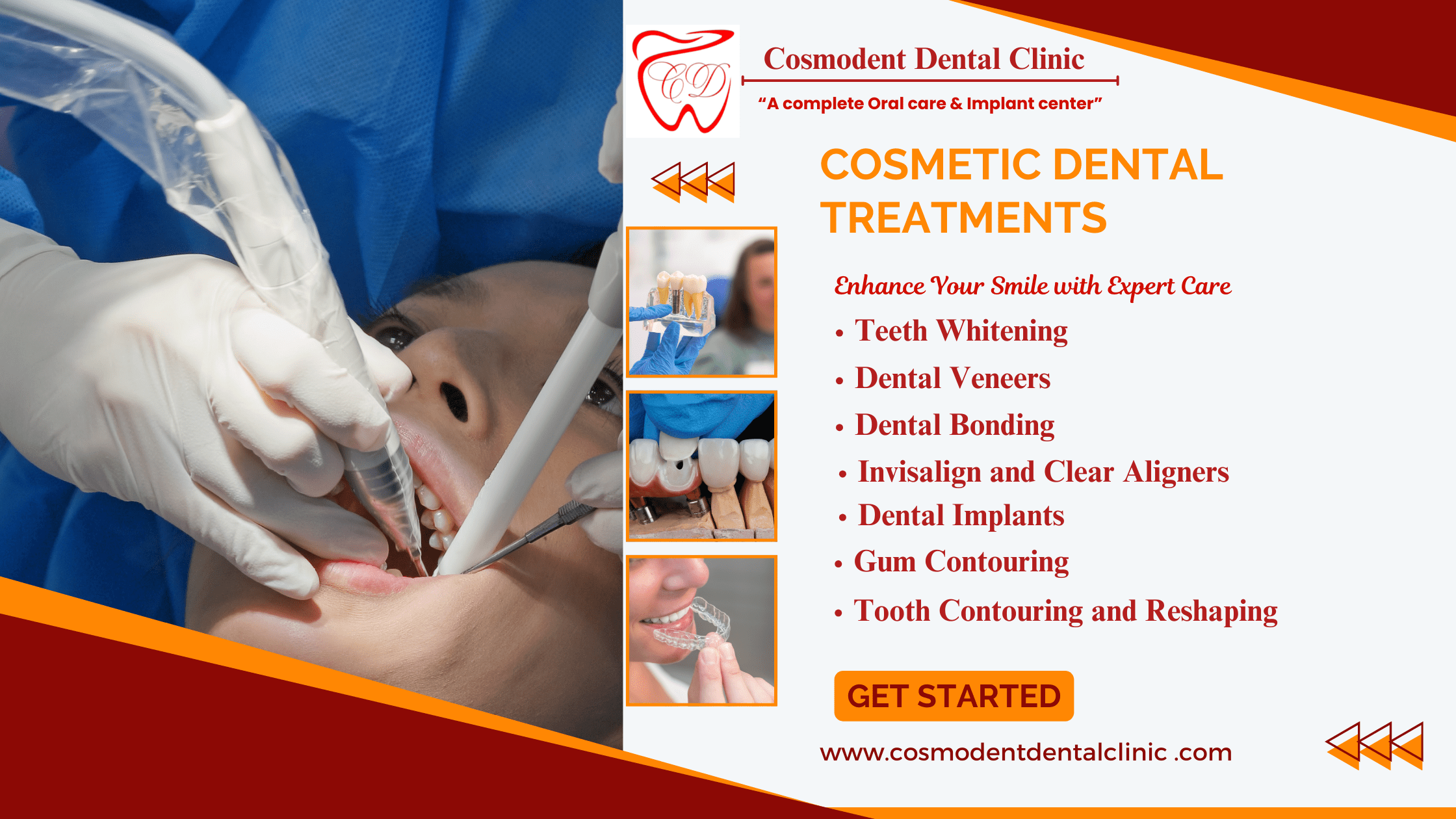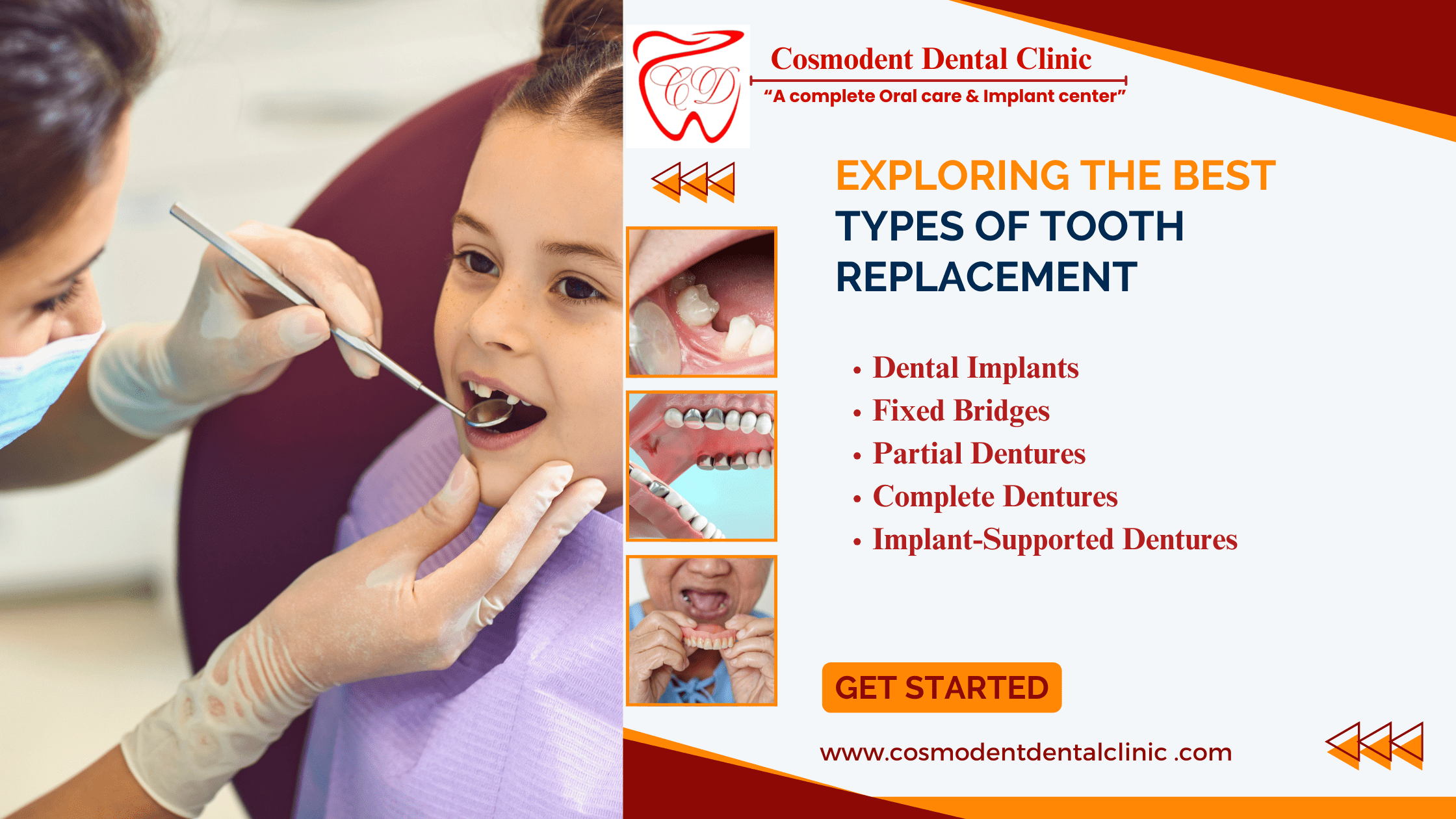A bright, healthy smile is one of every person’s most attractive features. Unfortunately, enamel decay is a common difficulty that many human beings face, whether as a result of harm, decay, or different health problems. Missing teeth can no longer best your physical appearance however additionally your potential to consume and speak well. Thankfully, current dentistry gives various types of tooth replacement options that could restore your smile and enhance your oral fitness. In this article, we can explore the best types of tooth replacement and assist you decide which one is probably right for you.
What is Tooth Replacement?
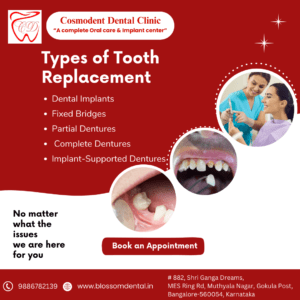
There are various types of tooth replacement which refers to the method of changing one or more missing teeth with artificial alternatives. These alternatives can range from constant solutions including dental implants to removable devices which include dentures. Each form of dental alternative has benefits and downsides, relying on factors such as the wide variety of enamel, the region of missing teeth and your typical oral health.
Replacing missing teeth is important now not only for cosmetic reasons however also for oral function. When a tooth is missing, the encircling enamel can change, inflicting alignment issues, problems with movement, and even bone loss in the jaw. Therefore, it’s crucial to update your enamel on time to keep your oral structure and health.
How Many Types of Tooth Replacement Are There?
There are many one-of-a-kind options available today. The maximum not unusual are:
- Dental Implants
- Fixed Bridges
- Partial Dentures
- Complete Dentures
- Implant-Supported Dentures
Each sort of teeth replacement has blessings and features to not forget, so it’s important to apprehend the differences between them earlier than you make a decision. Here detailed descriptions of some types of tooth replacement are provided below.
1. Dental Implants: The Gold Standard
Dental implants are commonly considered to be the most eternal and powerful approach to replace missing teeth. The implant includes a titanium rod that is surgically inserted into the jaw bone, performing as artificial teeth. Once the implant is fused to the bone, the crown is established to the stump, providing a natural-looking and functional tooth substitute.
Benefits of dental implants:
- Durability: Implants can remain a lifetime with right care.
- Bone preservation: Implants save you bone loss via stimulating the jaw bone to resemble natural enamel.
- Cosmetics: The appearance of dental implants carefully mimics natural teeth.
- Function: The implant restores complete chewing strength, allowing you to eat without restriction.
Things to do not forget:
- Cost: Dental implants are typically greater costly than other tooth substitute options.
- Surgery: Dental implants require surgery, and remedy can take months.
Dental implants are best for folks that are missing one or more enamel and are looking for a long-lasting, long-lasting solution. However, adequate bone density is needed for proper
2. Fixed Bridges: A Popular Choice
A fixed bridge is another common type of tooth replacement used to replace one or more missing teeth. The bridge is positioned over nearby natural tooth or dental implants. The missing enamel (or enamel) is replaced by means of a pontic (denture) inserted into the helping teeth on both sides.
Advantages of Fixed Bridges:
- Quick restoration: Fixed bridges can often be established quicker than dental fixtures.
- Cost powerful: Bridges are extra high-priced than implants, especially for changing a couple of enamel in close proximity.
- No Surgery Required: Unlike dental implants, bridges no longer require surgical procedure.
Things to take into account:
- Impact on adjoining tooth: The enamel next to the missing teeth will need to be anchored to assist the bridge.
- Age: While long lasting, bridges commonly want to be replaced every 10-15 years.
- Bone loss: A bridge cannot prevent bone loss wherein there are no enamel.
Fixed bridges are an amazing alternative for individuals with one or tooth who want a brief and less expensive alternative to implants.
3. Partial Dentures: A Flexible Option
Partial dentures are removable dental appliances that can replace one facet of many missing teeth inside the mouth. It is held in a region via braces which can be attached to the encircling natural tooth. Partial dentures are typically products of acrylic and metallic dentures, offering a price-powerful technique to the decay of many teeth.
Benefits of partial dentures:
- Affordability: Partial dentures are typically less high priced than implants or bridges.
- Non-invasive: Partial dentures do not require surgery.
- Easy to replace: When a brand-new tooth is misplaced, a part of a denture can frequently be replaced with a new gap.
Considerations:
- Status: Dentures or implants no longer sense as strong as a bridge, and some human beings locate them uncomfortable.
- Maintenance: Removable teeth must be often maintained and maintained.
- Cosmetic: Although partial dentures work, they do not now look as natural as different options.
Partial dentures are a great choice for the ones looking for a budget-friendly, non-invasive alternative to changing a couple of teeth on every aspect of the mouth
4. Complete Dentures: A Full-Mouth Solution
Complete dentures for those who’ve lost all their enamel and an entire teeth replacement solution. These removable devices are designed to suit your face and may be worn on the front, backside, or both fronts’.
Advantages of Complete Dentures:
- Affordability: Dentures are frequently the maximum value-effective manner to update everyday teeth.
- Non-surgical: Complete dentures do no longer require surgery and can effortlessly be adjusted as wished.
- The best restoration: Dentures restore your capacity to talk, eat and convey a confident smile.
Things to don’t forget:
- Comfort: Dentures can take some time to get used to and won’t be as appealing as natural teeth or implants.
- Stability: Dentures can exchange or loosen through the years, especially because the bones of the jaw change.
- Bone loss: Dentures do not save you bone loss, that can reason the mouth to appear sunken over time.
Complete dentures are the perfect answer for individuals who want to update all their enamel but are searching out a less highly-priced opportunity to implants.
5. Implant-Supported Dentures: A Hybrid Approach
Supportive dental implants offer all the benefits of dental implants and dentures. These dentures are secured with a few strategically located dentures, supplying extra stability and help than conventional removable enamel
Benefits of helping dental implants:
- Improved dental stiffness: Dental implants stay stable, offering an extra comfortable enjoyment.
- Bone renovation: Like dental implants, dental implants assist save you bone loss.
- Cosmetic: These teeth tend to appear greater natural than conventional enamel.
Things to don’t forget:
- Cost: The charge of accent dental implants can be more highly-priced than conventional dental implants because of the cost of dental implants.
- Surgery: Implants require surgical treatment and recuperation time.
Supportive dental implants are a fantastic alternative for folks that want the stability of dental implants but want a rate-effective technique to update a couple of teeth.
What are the Best Types of Tooth Replacement?
The pleasant kind of tooth alternative depends on your precise needs, alternatives, and oral fitness condition. Dental implants are regularly considered the first-class choice due to their sturdiness, function, and capability to save you bone loss. However, they will no longer be right for everybody, especially if cost or bone density is a subject.
For those seeking out a short or inexpensive solution, custom bridges or partial dentures may be the way to move. Meanwhile, complete dentures or dental implants offer alternatives for all individuals who need to have their teeth replaced.
Conclusion:
Choosing the right types of tooth replacement is an important decision that can have a lasting impact on your oral health and quality of life. With options ranging from dental implants to dentures, there’s a solution for every need and budget. If you’re unsure about which option is best for you, consult with your dentist, who can guide you through the process and recommend the most suitable solution based on your individual case.
Remember, replacing missing teeth not only restores your smile but also protects your overall oral health—so don’t wait to contact us to take the first step toward a brighter, healthier smile!

